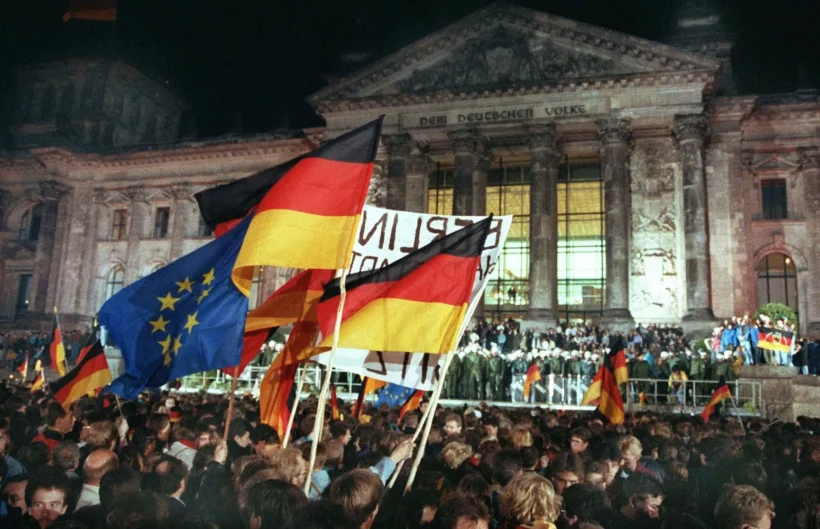It is always shocking to see how fundamentally political reality has changed in recent years, even in European countries. Thirty years ago, there was still cause for optimism when looking at the development of the European Union in the interests of the people. On March 26, 1995, a treaty came into force in which seven states of the European Union agreed that border controls between states should be abolished. The “Schengen Agreement” was intended to enable citizens of the respective member states to travel between the states without further controls. In the following years, the scope of the agreement was extended so that today the “Schengen Area” includes all EU member states and the non-EU members Iceland, Norway and Switzerland. At last there was to be not only the free movement of capital and goods within the EU, but also freedom of movement for EU citizens. For non-EU citizens, only one “Schengen visa” was required for entry. This allows third-country nationals to travel between the various Schengen countries within 90 days.
As positive as these regulations were, the last three decades have shown that freedom of movement within Europe is increasingly being restricted again. The UK deliberately withdrew from this agreement with Brexit. Several signatory states, including Denmark and Germany, have reintroduced the system of border controls – partly under pressure from right-wing populist parties and heated media sentiment. However, the treaty construct itself was already ambivalent. The Schengen Information System (SIS) gave the executive de facto unlimited police powers in the Schengen area. French human rights organizations criticized the fact that increased security came at the expense of citizens’ freedoms. Since 9/11 and the resulting escalation of terrorism hysteria, such criticisms have been brushed aside. Today, the system means that anti-fascists protesting against Nazi marches in Hungary, for example, are subject to reprisals based on the data collected.
The fact that freedom of movement within Europe is not guaranteed despite Schengen was demonstrated by the then French President Sarkozy when he had Romanian Roma families deported from France. When thousands of refugees actually crossed the borders of the Schengen area in 2015, controls were resumed at the Austrian-Bavarian border – and are still in place today. A waiver is “currently not justifiable for reasons of migration and security policy”. Other countries have reacted similarly. Denmark has already re-established border posts at crossings. And the plans for non-European detention camps for asylum seekers, as agreed by the Italian Meloni government with Albania and the EU with Tunisia and Libya, make it clear what is to be thought of the promise of freedom of movement for people.
However, the main point of criticism is that the lifting of internal European border controls has led to the expansion of “Fortress Europe”. Regulations with neighboring countries, such as those Portugal and Spain had with the Maghreb states, had to be changed in favor of a visa requirement. The FRONTEX structures were set up over 20 years ago. Their operations have resulted in hundreds of deaths – most of them drowned in the Mediterranean. This institution of the Schengen Agreement sees its main task as preventing people, who are fleeing for understandable reasons, from reaching Europe. The “External Sea Borders Regulation” of 2014 did not, of course, prevent people from fleeing, but caused many hundreds of deaths. And the newly elected European Parliament has only just decided that such regulations should be tightened up.
Currently, the “Schengen visa” regulations lead to restrictions for people from Russia, Belarus and other former Soviet republics. Based on the EU’s sanctions decisions in connection with the war in Ukraine, the Baltic states and Poland have refused many thousands of Schengen visas in recent years, cutting off long-standing interpersonal contacts across borders. And anyone looking at the border between the Republic of Poland and Belarus has the impression that the “Iron Curtain” has been erected again – only this time a few hundred kilometers further east.
It is therefore not surprising that major media in Europe have largely suppressed this 30th anniversary from their reporting. FIR is concerned that the idea of European freedom of movement for people is being politically damaged by these restrictions in the course of sealing off the Schengen area. This is to the detriment of all people, EU residents and non-EU citizens.
International Federation of Resistance Fighters
Association of Anti-fascists






